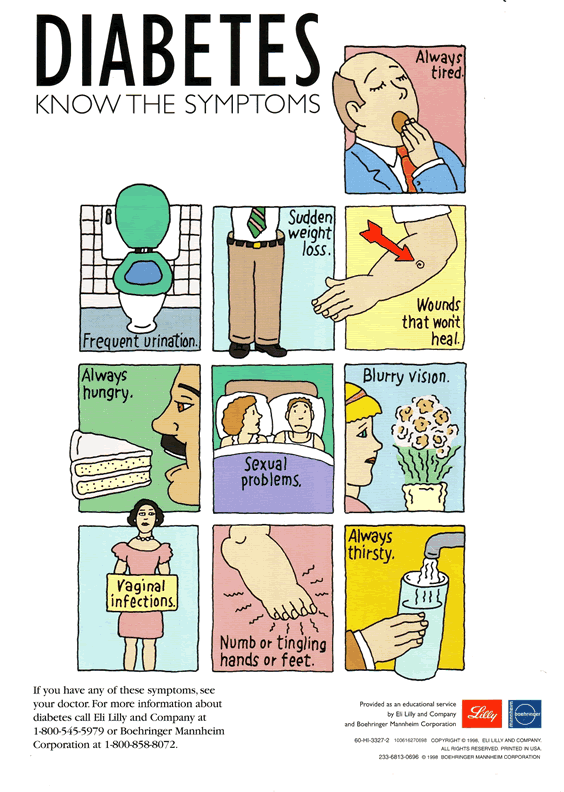As we age, certain health conditions arise that require daily medication. For instance, if you have hypertension, you take a blood pressure pill daily. If you have
high cholesterol or another ailment, medication can be taken to keep your symptoms under control. What we sometimes forget that is very important, is that many of these medications can affect the absorption of vitamins into our bodies.
The Cleveland Clinic claims that, “deficiencies in vitamins exist in about a third of the elderly.” However, there are over-the-counter vitamins that we can take to correct these deficiencies such as, Vitamin D, Vitamin A, Vitamin C, Vitamin B and Folate.
Vitamin D is especially important to take because it treats those with osteoporosis, which is common among seniors. Taking vitamin D regularly keeps calcium levels high and lessens the bone loss that occurs with kidney failure.
Vitamin A is another essential supplement as it helps with good eyesight and a healthy immune system. As noted by the U.S. National Library of Medicine, Vitamin A “is used in the treatment for cancer and to prevent heart disease.”
Vitamin C, on the other hand, works to limit the development of dementia, Alzheimer’s, heart disease, glaucoma, arthritis and stroke, according to the U. S. National Library of Medicine.
Vitamin B-12 helps to maintain our energy levels. Folate, which is another type of vitamin B, helps with preventing stroke, heart disease, breast cancer and colon cancer for seniors.
Now that you have a rundown of all the important vitamins seniors should consume, remember to consult with your doctor first before you start taking any new supplements.
Home Care Assistance offers the highest quality 24/7 live-in home care in the
Region of Halton (
Oakville,
Burlington,
Halton Hills, and
Milton),
Region of Peel (
Mississauga,
Brampton and
Caledon) and
Hamilton.




